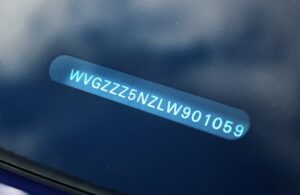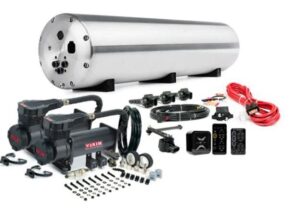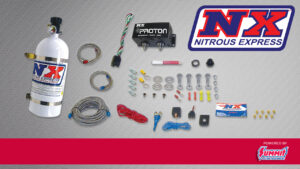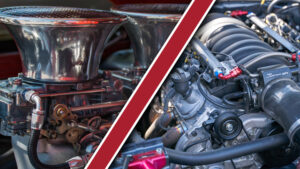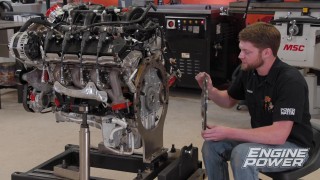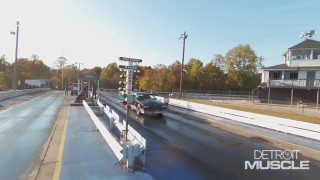Is Your Flooded Car Covered by Insurance?
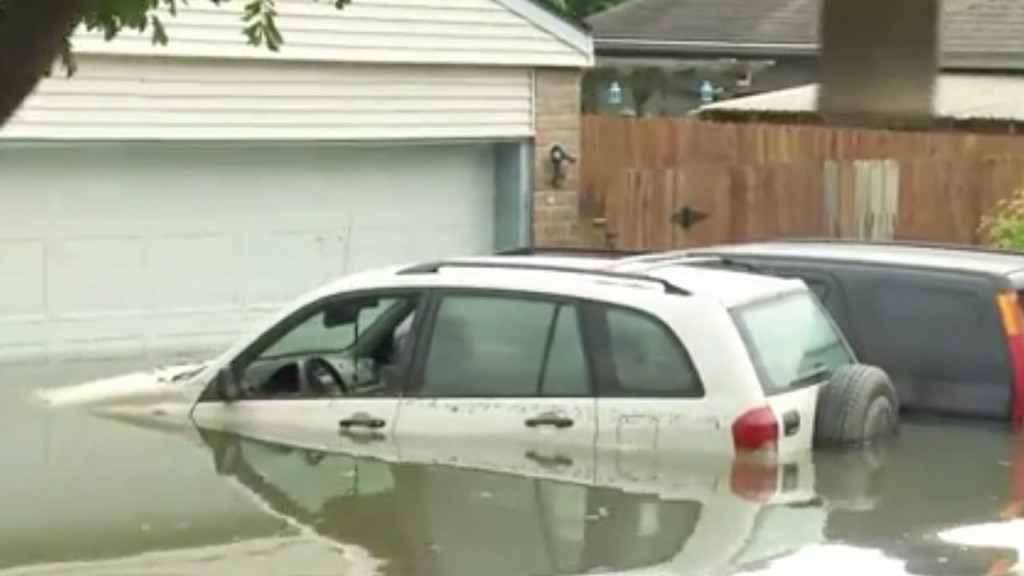
As most of the country is swimming out of another brutal hurricane season, we’re left to fix the damage sustained by severe floods. Hurricane Ida took aim at the Gulf Coast, only to dump rain from the south and decimate the Northeast. Many southern states all the way up to New York City took the brunt of it, and we saw videos circulating of cars underwater and subways looking more like indoor swimming pools in the Northeast.
You’d like to think that money you, in essence, burn each month by giving to insurance companies when you’re a safe driver will come back and save you in the event of something unprecedented. Unfortunately, that may not be the case. As thousands of vehicles have sustained severe damage or been completely ruined in the past several months because of floods, NBC News describes that many owners will find that, despite carrying insurance, will be unable to recoup their losses.
If your vehicle encounters a flood, it’ll be in your best interest to take as many pictures as possible for your insurance claim. However, despite paying your bills on time and showing proof, there’s a chance your coverage doesn’t include flooding. You must have comprehensive coverage to cover such an event. Comprehensive coverage takes “acts of God” into consideration.
If you’ve recently purchased a vehicle on a loan or lease, you’ll likely have comprehensive insurance because it’s typically required as part of the agreement. Older cars or trucks that are paid off may only have the minimum insurance coverage the state requires. If that’s the case, repairs or replacing the vehicle may come straight from your pocket.
Comprehensive insurance, on average, costs between $400 to $500 more a year. This may differ based on where you live, the type of vehicle you drive, and your driving record. If you live in a flood-prone region, it’s in your best interest to call your insurance company and ask if flooding is covered. Otherwise, you may be digging out of a hole as you’re trying to stay afloat.
Unfortunately, we’re likely to see some of these vehicles show up on the market through something known as “title washing.” If you purchase one of those cars, you’re going to be in for a bad time. One of the worst things that can happen to a vehicle submerged in water is mold, and other components can develop rust. Water damages engines, and electronic circuits, meaning the car can suffer a complete failure. Those vehicles will never be the same. Make sure to do your due diligence to ensure it’s never been exposed to water.
